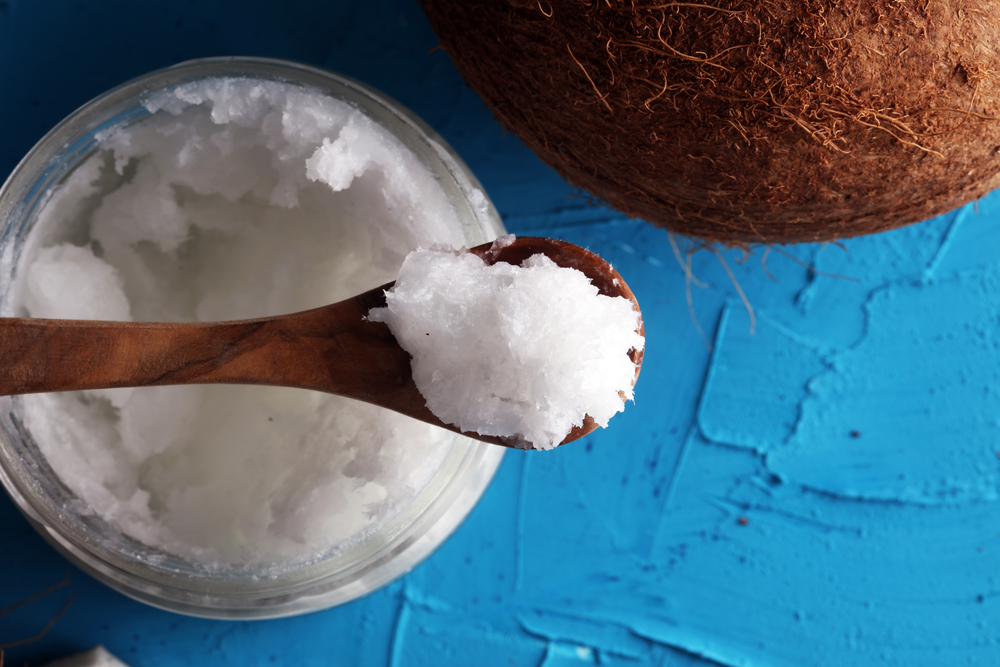4 Benefits of Coconut Oil and How to Include It in Everyday Life
The internet became obsessed with coconut oil. People started to believe that it falls under the category of superfoods. Numerous studies have praised it and confirmed its benefits. Still, there are many questions and concerns around it as to how beneficial it actually is. While some are convinced that coconut oil has multiple health benefits, others claim that it does more harm than good. When it comes to nutritional facts, coconut oil has 862 calories per 100 grams and is 99% fat, with 90% saturated, 9% unsaturated fats, and 1% plant sterols and other fat-dissolving chemicals. Saturated fats are chemically prone to change when heated, but compared to polyunsaturated fatty acids, they create less harmful compounds (aldehydes). Once ingested, they are metabolized quickly, but they might build up in the body and lead to high levels of bad cholesterol. The only controversy surrounding coconut oil is that its fats are a bit less harmful than those found in butter or beef. Nevertheless, people globally seem to love its aroma and notice more benefits than adverse effects. Coconut Oil for Healthier Teeth and Gums Coconut oil has antimicrobial components, such as lauric acid. Lauric acid is proved to be the most effective when it comes to fighting harmful bacteria in the mouth. It’s especially useful in killing streptococcus mutans and lactobacillus bacteria that cause tooth decay. Coconut oil also reduces plaque and fights gingivitis. Oil pulling with coconut oil for only seven days results in a significant decrease in plaque. Coconut Oil Helps Treat Itchy Scalp and Moisturizes Dry Skin Coconut oil helps maintain moisture in the hair. It’s great for itchy scalp, against dandruff, hair loss, and frizz. Since it’s rich in fatty acids and antioxidants and has antifungal properties, coconut oil is beneficial for the skin too. It can fight skin allergies, rashes, yeast infections, and dermatitis. Its hydrating effects are perfect for dry skin. It can also be used for oily skin as a face mask. Rubbing coconut oil on cuticles and brittle nails helps to keep them healthy and strong. It also serves as excellent makeup removal. Antimicrobial and Antifungal Properties of Fatty Acids in Coconut Oil We’ve already mentioned the lauric acid and the antimicrobial and antifungal properties of coconut oil, but there’s more. Aside from lauric, coconut oil contains capric, myristic, palmitic, and other acids. Some are used in beauty products since they benefit the skin. The way these acids work is by disrupting the bacterial, fungal, and viral cell membranes, leading to cell death. While the research proves that lauric acid doesn’t have the same potential as antibiotics, it can still be used in the treatment of moderate skin infections due to the low risk of side effects. Coconut Oil Boosts Metabolism Medium-chain fatty acids in coconut oil can help boost metabolism and increase energy levels. Four studies have confirmed the correlation between decreased weight and fat reduction and coconut oil consumption. Even though some [...]

